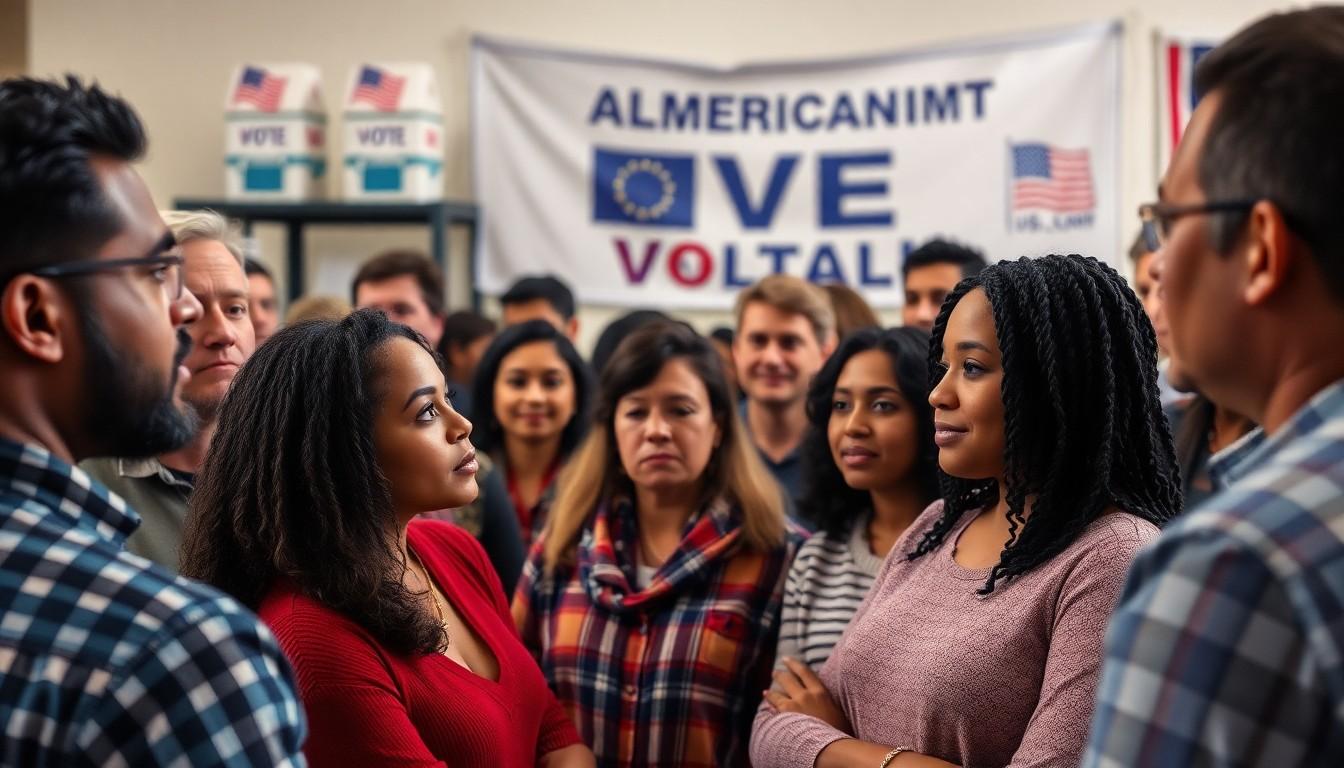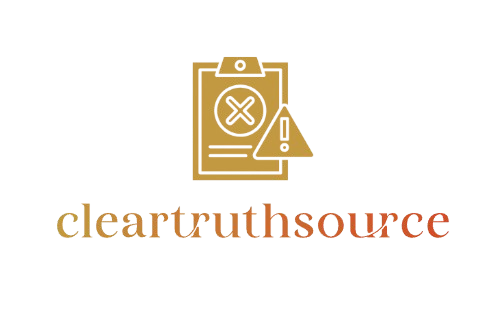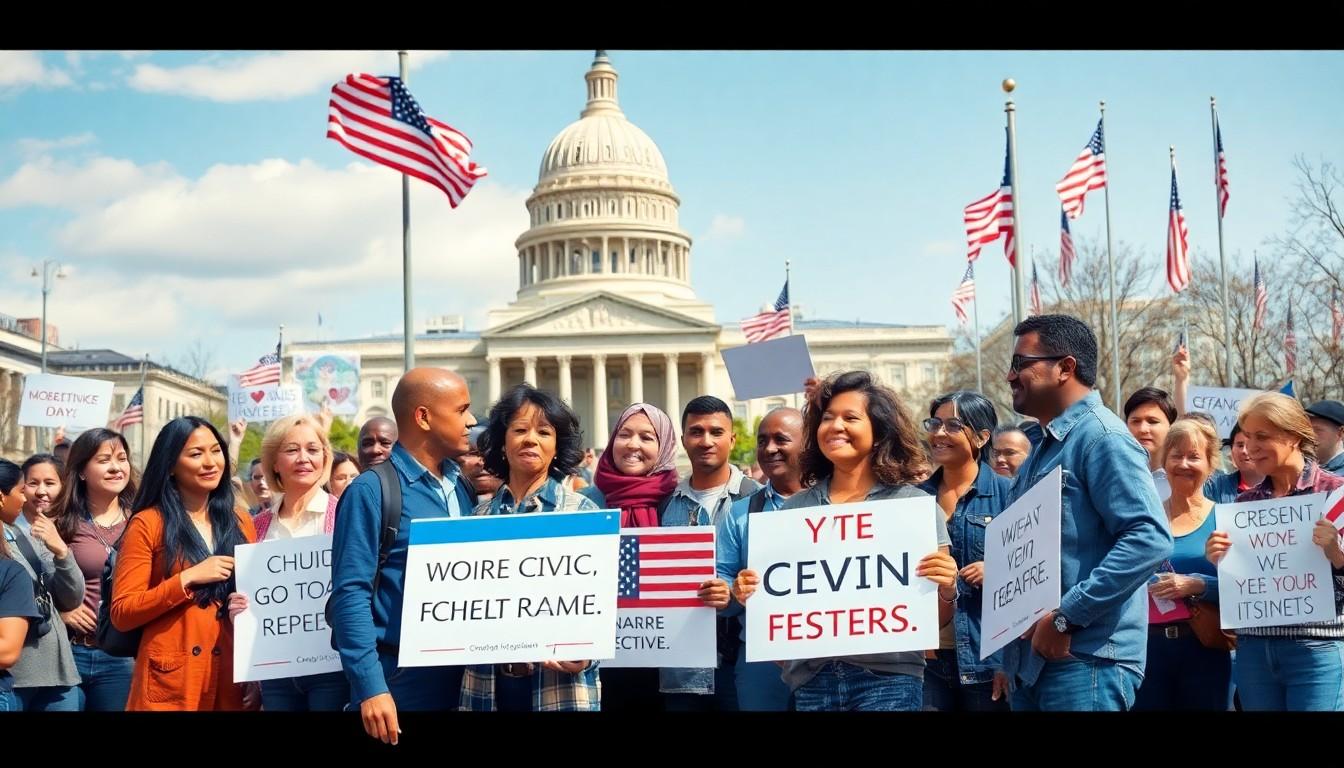Political culture shapes how societies view power, governance, and civic engagement. It’s the invisible thread weaving through the fabric of a nation, influencing everything from voting habits to public discourse. Imagine a world where political beliefs are as unique as a fingerprint—each culture has its quirks, traditions, and even eccentricities that define its approach to politics.
Understanding Political Culture
Political culture shapes how societies view governance and politics. It encompasses the beliefs, values, and norms that influence political behavior.
Definition of Political Culture
Political culture refers to the collective attitudes and practices that define a society’s political landscape. This includes citizens’ perceptions of authority, their sense of political efficacy, and the role of the state. Variations exist between countries, influenced by historical, social, and economic contexts. For example, an individual from a democratic nation may prioritize participation in elections, while one from an authoritarian regime might exhibit skepticism toward political engagement.
Importance of Political Culture
Political culture plays a vital role in determining how citizens interact with their government. It affects voter turnout, public opinion, and civic participation. In societies with a strong democratic culture, high levels of engagement and trust in institutions usually occur. A contrasting political culture may lead to apathy, cynicism, or resistance to governance. Understanding political culture enhances the ability to predict and influence political developments, enabling policymakers and scholars alike to address societal needs effectively.
Examples of Political Culture

Political culture showcases its distinct characteristics through various country-specific examples. Each culture shapes political behavior and civic engagement in unique ways.
Case Study: The United States
In the United States, the concept of individualism strongly influences political culture. Citizens value personal freedoms and rights, often leading to high levels of political engagement. Democracy is deeply rooted, with significant emphasis placed on participation in elections, social movements, and community organizations. Surveys frequently indicate that Americans have a robust trust in democratic processes. Such factors contribute to relatively high voter turnout compared to many other nations. Cultural diversity further enriches the political landscape, creating dynamic discourse around issues such as immigration, healthcare, and civil rights.
Case Study: Japan
Japan’s political culture emphasizes collectivism and social harmony. Citizens generally prioritize group consensus over individual expression, influencing their political behavior. Respect for authority and tradition plays a significant role in governance as well, with strong adherence to established practices. Japanese citizens often engage in politics through non-confrontational channels, such as community meetings and local organizations. High levels of civic duty drive participation rates in elections, though voter turnout has seen a decline in recent years. A deep-rooted respect for hierarchical structures shapes public trust in government institutions, impacting overall political stability.
Factors Influencing Political Culture
Political culture is shaped by various factors that intertwine to create unique societal dynamics. These influences contribute to how a population interacts with governance.
Historical Context
The historical backdrop of a nation profoundly impacts its political culture. Events like wars, revolutions, and colonial experiences mold collective memories and expectations of governance. For instance, the American Revolution instilled values of independence and individualism, leading to a culture that favors democratic participation. In contrast, nations with a history of authoritarian rule may exhibit skepticism toward government, affecting civic engagement and trust in political institutions. Historical events provide context for current political norms and practitioners.
Socialization Agents
Different socialization agents play crucial roles in shaping political culture. Family serves as the primary influence, transmitting political beliefs and values from one generation to the next. Schools educate young citizens about civic responsibilities, often fostering national pride and political awareness. Media exposure also affects cultural perspectives by shaping public opinion and facilitating dialogue about political issues. Lastly, religious institutions can reinforce or challenge political norms, contributing to the formation of a society’s overall political identity. Each agent influences citizens’ perceptions and interactions with politics.
Comparing Political Cultures
Political cultures vary significantly across the globe. Understanding these differences enhances comprehension of diverse political landscapes.
Individualism vs. Collectivism
Individualism characterizes the political culture of the United States. Citizens prioritize personal freedom and individual rights, which results in high political engagement. In contrast, Japan exemplifies collectivism. This culture emphasizes group harmony and consensus, leading citizens to engage in politics through consensus-driven methods. Voter turnout reflects these cultural beliefs, with America consistently showcasing higher rates compared to Japan’s declining participation. Recognizing these distinctions helps clarify the varying levels of civic engagement and trust in democratic practices between the two nations.
Liberal vs. Authoritarian Cultures
Liberal cultures promote democratic values, encouraging active citizen involvement. In the United States, freedoms such as speech and assembly support civic engagement. Authoritarian cultures, however, stifle individual expression. Nations with an authoritarian past often exhibit skepticism toward government, resulting in low political participation. Historical experiences shape attitudes, as seen in countries with a legacy of oppression. Understanding these cultural divides is crucial for analyzing political behavior and predicting potential shifts in governance.
Conclusion
Political culture plays a pivotal role in shaping how societies view governance and engage in civic life. The distinct characteristics of various political cultures illustrate the diverse ways people interact with their governments. Understanding these cultural nuances is essential for grasping the complexities of political behavior and participation.
As nations evolve and face new challenges, the influence of political culture will continue to be a critical factor in determining the effectiveness of democratic processes and citizen engagement. Recognizing the interplay between historical context and political beliefs can provide valuable insights for policymakers and scholars alike.

